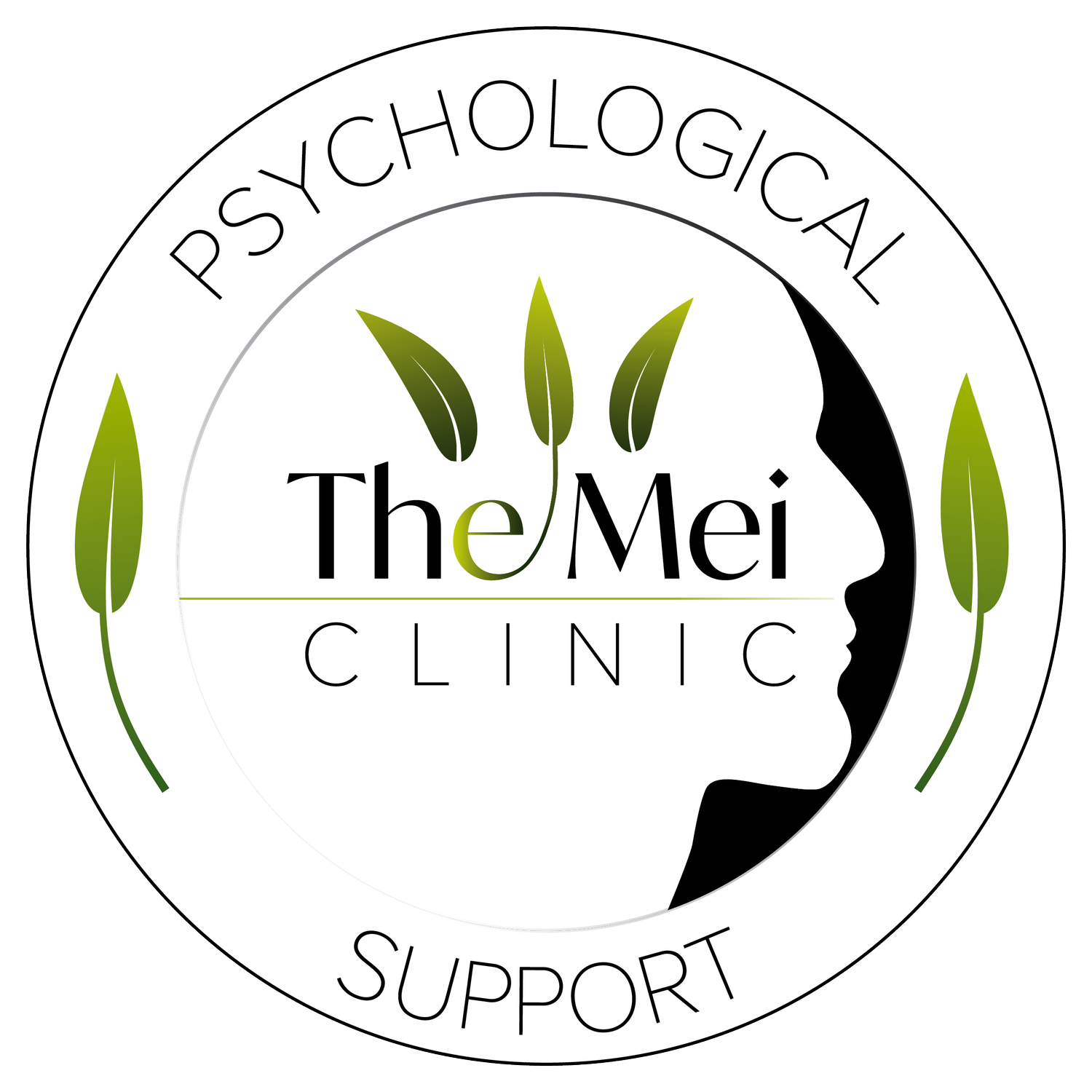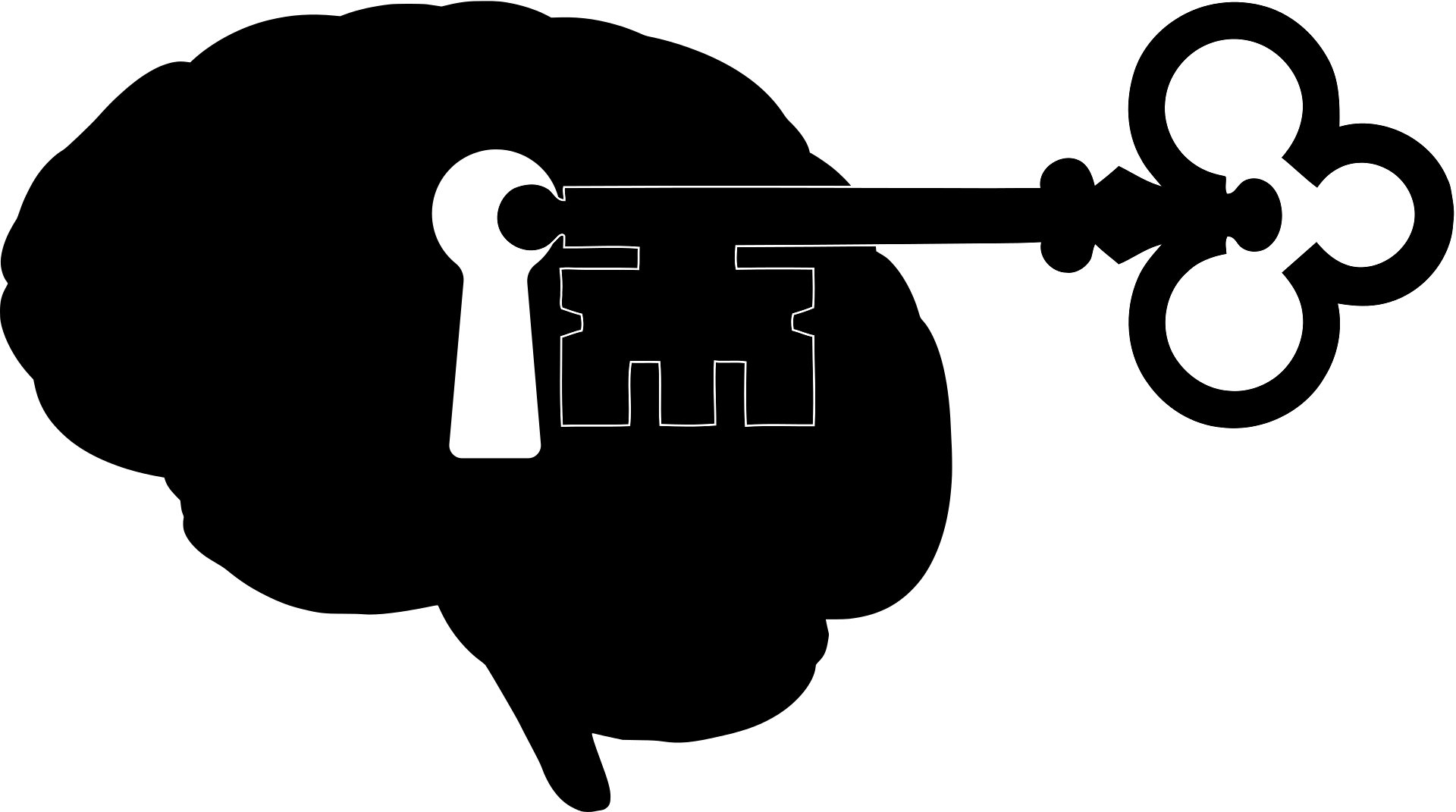
At the Mei Clinic, we provide expert psychological services focussed on supporting the Mind, Emotions and Information Processing, designed to help individuals make better life choices and improve their overall well-being.
By incorporating evidence based Cognitive Behavioural Therapy (CBT) and Dialectical Behavioural Therapy (DBT) Skills. We offer tailored support for those struggling with the following mental health difficulties:
Eating Disorders
Eating disorders are mental health conditions characterized by severe and persistent disturbance in eating behaviours and associated distressing thoughts and emotions. They can be very serious conditions affecting physical, psychological and social function.
Eating disorders can develop in all genders and across all ages and races, but the symptoms of eating disorders will look and feel different for each individual. It is also common to have more than one type of eating disorder at the same time as well as a co-occurring mental health disorder such as depression, anxiety and obsessive-compulsive disorder.
Anorexia Nervosa
Anorexia nervosa is characterized by self-starvation, a fear of gaining weight and having a disordered self-image, resulting in a low weight for height and age. Typically individuals will also engage in other forms of behaviours to aid weight-loss, including: over-exercise, taking laxatives, diuretic pills and purging.
The underlying motivation for these behaviours is not usually related to food at all though. In most cases, extreme restriction behaviours are related to perfectionism and control.
Bulimia Nervosa
Individuals with bulimia nervosa typically alternate between dieting or eating only low calorie “safe foods” and binge eating on “forbidden” high calorie foods.
Binge eating is defined as eating a large amount of food in a short period of time associated with a sense of loss of control over what, or how much one is eating. Binge behaviour is usually secretive and associated with feelings of shame or embarrassment. Binges may be very large, and food is often consumed rapidly, beyond fullness to the point of nausea and discomfort, resulting in the individual to purge.
As with anorexia nervosa, individuals will also engage in other compensatory behaviours in order to manage their weight and emotions linked to the binging, including: over-exercise and use of laxatives and diuretics or a combination of them all.
Binge Eating Disorder
As with bulimia nervosa, people with binge eating disorder have episodes of binge eating in which they consume large quantities of food in a brief period, experience a sense of loss of control over their eating and are distressed by the binge behaviour.
Unlike people with bulimia nervosa however, they do not regularly use compensatory behaviours to get rid of the food by inducing vomiting, fasting, exercising or laxative misuse.
Binge eating disorder can lead to serious health complications, including obesity, diabetes, hypertension and cardiovascular diseases.
Low Self-esteem
Self-esteem is how we value and perceive ourselves. It is based on our opinions and beliefs about ourselves, which can feel difficult to change. We might also think of this as self-confidence. Low self-esteem isn't a mental health problem in itself. But mental health and self-esteem can be closely linked.
Some of the signs of low self-esteem can be signs of a mental health problem. This is especially if they last for a long time or affect your daily life.
Exercise addiction is a behaviour characterized by an unhealthy obsession with exercising that has negative physical, psychological, and/or social consequences.
Physical activity is important for overall health, but when exercise becomes an addiction, it becomes harmful to your physical and mental health. Causes and risk factors of exercise addiction include genetics (biology), environmental conditions, and psychological factors.
Compulsive Exercise Behaviours
Body Image Concerns
Body image concerns include preoccupation and dissatisfaction with the body’s appearance including its shape and weight as well as other characteristics.
Body image concerns are present across the globe due to strong pressures to pursue appearance ideals. Although these concerns may vary with cultural context, their prevalence and association with poor mental and physical health.
Depression
Depression is a common mental health disorder. It involves a depressed mood or loss of pleasure or interest in activities for long periods of time. Depression is different from regular mood changes and feelings about everyday life. It can affect all aspects of life, including relationships with family, friends and community. It can result from or lead to problems at school and at work.
Depression can happen to anyone. People who have lived through abuse, severe losses or other stressful events are more likely to develop depression. Women are more likely to have depression than men. An estimated 3.8% of the population experience depression, including 5% of adults (4% among men and 6% among women), and 5.7% of adults older than 60 years.
Obsessive-Compulsive Disorders
Obsessive-Compulsive Disorder (OCD) is a mental health condition that causes obsessive thoughts and compulsive behaviours. An obsessive thought might be that certain numbers or colours are "good" or "bad." For example, a compulsive habit might be to wash your hands seven times after touching something that could be dirty. Although you don't want to think or do these things, you feel like you can't stop.
OCD used to be classified as an anxiety disorder. But that changed with the fifth edition of the Diagnostic and Statistical Manual of Mental Disorders, published in 2013. It's now in a category called "Obsessive-Compulsive and Related Disorders." However, most people with OCD also have an anxiety disorder.
Anxiety
Anxiety is what we feel when we are worried, tense or afraid. Especially about things that are about to happen, or which we think could happen in the future. Anxiety is a natural human response when we feel that we are under threat. It can be experienced through our thoughts, feelings and physical sensations.
Most people feel anxious at times. It's particularly common to experience some anxiety while coping with stressful events or changes, especially if they could have a big impact on your life. However, anxiety can become a mental health problem if it impacts your ability to live your life as fully as you want to.












